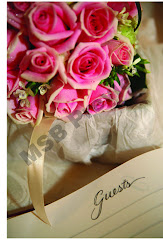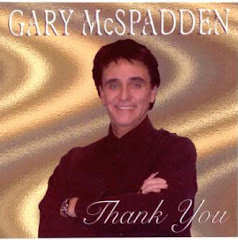Part II of Chip MacGregor's commentary on Writer Conferences.
http://chipmacgregor.com/
7. Amy said, "I was thinking of doing something creative with my proposal, just to make it stand out. Does that sort of thing help?"
True story: I once received a woman's romance proposal wrapped inside a lacy thong. Apparently the author thought it would make the project stand out in my mind. It did -- I assumed the author had lost her mind. My job is interesting enough as it is; I don't need to add t"ouching someone else's underwear" to my to-do list. This sort of creative thing can seem downright weird unless you explain it. So no -- I don't think these types of extra bonus things help very much. Ultimately it comes down to the idea, the writing, and the platform of the author. If you do a good job with those three things, you'll be way ahead of everybody else.
8. Jennifer asked, "Is it really important to include comparative titles in my book proposal?"
Absolutely. Good comparable titles make the editor's job easier. It sets up your manuscript and gives it context. It allows the editor to tell his or her sales staff, "This book is like that book." Besides, it's not that hard to do -- spend some time on Amazon, then poke around the shelves at Barnes & Noble. You'll quickly find some appropriate comparable titles. The one lesson I'd keep in mind is "not too big, not too small." In other words, don't compare your book to Left Behind, Harry Potter, The Purpose Driven Life, or The Shack. That just looks stupid -- you can't really be expected to compete with runaway hits. By the same token, don't compare your book to something nobody has ever heard of, a book that sold 12 copies, or a book that died a dog's death. Hello! That just suggests your book includes a one-way ticket to Loserville.
9. Rob wants to know, "If an agent at a conference invites me to send him a proposal, how long is okay to wait before I send it?"
Generally you'd want to send it as soon as possible. I mean, if you need a few days to polish it, by all means put the finishing touches on your work. But agents see a lot of proposals, and they aren't going to remember many they saw briefly at a conference. True Story II: I received an email from someone last week that reads, "I met you at a writing conference two years ago..." Um, who cares? I'd have a hard time telling you what cities I was in two years ago, let alone remember some guy who had another book idea. Besides, the marketplace for books changes all the time -- I don't know if an idea that was good two years ago will still be viable today. So don't delay. If an agent asked to see it, send it along.
10. And Anita asked me, "Can you show me a sample book proposal?"
If you go to my company website (MacGregorLiterary.com), you can find a sample fiction and a sample nonfiction book proposal. If you go the website of my former employer, Alive Communications, you'll find sample fiction and nonfiction book proposals (Alive is a very good literary agency). If you need help, I recommend Terry Whalin's wonderful little tome, Book Proposals That Sell. You can find it on Amazon for about ten bucks, and it's got great information to help you create a winning book proposal.
Make Self-Imposted Deadlines
3 days ago








No comments:
Post a Comment